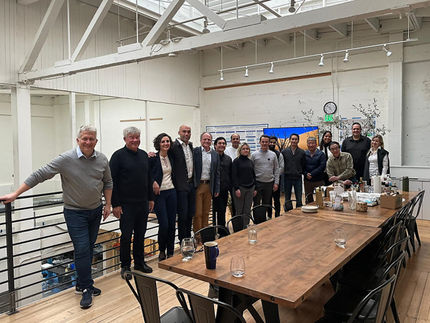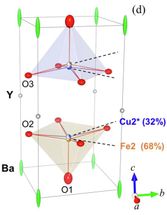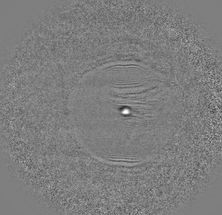Unravelling the origins of European agriculture
GATC Biotech joins a new EU research network for young researchers
Seven European research institutions and GATC Biotech have formed a consortium providing cutting-edge training in the scientific study of the human past. The BEAN (Bridging the European and Anatolian Neolithic) Initial Training Network has been awarded four years of funding from the European Commission through the Marie Curie Actions program.
The BEAN network will provide state-of-the-art training to early-stage researchers in the allied fields of genomics, demography, computer simulations and modelling, physical anthropology, and archaeology in the context of an integrated research program investigating the genetic and cultural ancestry of modern Europeans, and the origins of settled farming life in Europe. The BEAN consortium will augment its research into European prehistory with modern technological innovation through its partnership with GATC Biotech, where early-stage researchers will develop next-generation genomics methods optimized for the study of ancient DNA.
The BEAN network takes a multidisciplinary and international approach, focusing on demographic questions surrounding the dissemination of the cultural, technological, and biological components of the Neolithic from western Anatolia and the Balkans to the rest of Europe. The term ‘Neolithic’ refers to a novel human lifeway centred on crop and animal domestication and the construction of permanent settlements with special-use buildings. The transition from mobile foraging to sedentary farming first occurred around 11,000 years ago in the Near East with the cultivation of several edible grasses and legumes and the domestication of cattle, sheep, goats, and pigs, and spread throughout southwest Asia, reaching Europe by 8,500 years ago. The BEAN team will be tracking the movement of people and their domesticates from western Anatolia and south Eastern Europe throughout the European continent.
GATC Biotech’s scientific involvement within the BEAN project focuses on next generation sequencing of extremely small amounts of ancient DNA originating from archeological material and bioinformatics analysis. In the course of the project, GATC Biotech will provide the opportunity to acquire in depth knowledge in related laboratory and bioinformatics methods to one researcher. Furthermore, managing projects in an international business environment will be included.
The BEAN project (Bridging the European and Anatolian Neolithic: demography and lifestyle at the advent of civilization) is an Initial Training Network sponsored by the European Union, and coordinated by Prof. Dr Joachim Burger of JGU Mainz. In addition to JGU Mainz, the Full Partners of the network are the University of Belgrade, the French National Center for Scientific Research (CNRS), GATC Biotech AG, the University of Geneva, the University of Istanbul, the University College London, and Trinity College Dublin.
Most read news
Other news from the department science

Get the analytics and lab tech industry in your inbox
By submitting this form you agree that LUMITOS AG will send you the newsletter(s) selected above by email. Your data will not be passed on to third parties. Your data will be stored and processed in accordance with our data protection regulations. LUMITOS may contact you by email for the purpose of advertising or market and opinion surveys. You can revoke your consent at any time without giving reasons to LUMITOS AG, Ernst-Augustin-Str. 2, 12489 Berlin, Germany or by e-mail at revoke@lumitos.com with effect for the future. In addition, each email contains a link to unsubscribe from the corresponding newsletter.





















































